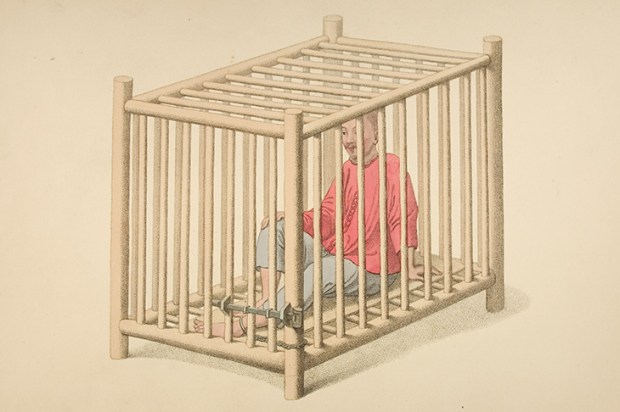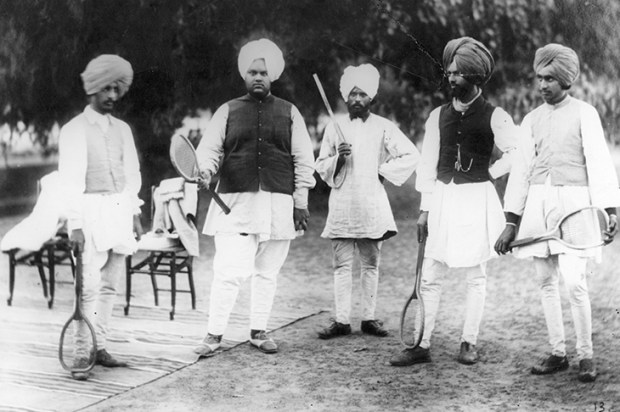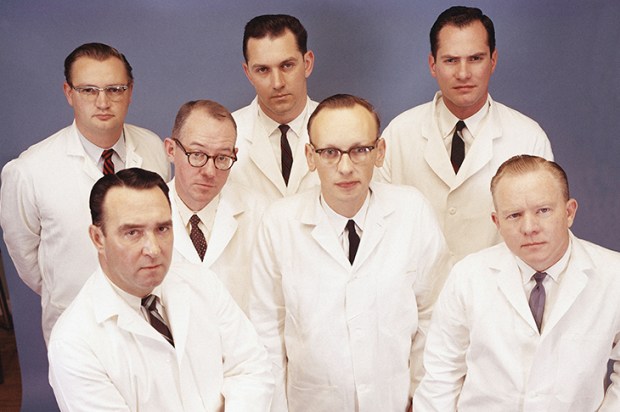I have wanted to write a column on ‘common sense’ for a long time – but it is a surprisingly difficult topic to write about. That’s because we instinctively, or intuitively, know what ‘common sense’ is, but it’s very hard to put into words. Particularly into words that are simple and straightforward – as simple and straightforward as ‘common sense’ itself.
You can see this struggle in the definition offered by the Longman Dictionary of Contemporary English, which says that ‘common sense’ means, ‘the ability to behave in a sensible way and make practical decisions’. Which (when you look carefully at it) basically says that ‘common sense’ is just common sense! You can see this when the definition uses words such as ‘sensible’ and ‘practical’. Yes, I agree that both ‘sensible’ and ‘practical’ are synonyms for ‘common sense’ – but they don’t actually unpack what is meant by this notion of ‘common sense’.
So, I tried, instead to check the Oxford Companion to Philosophy. This weighty tome has an entry on ‘common sense’ written (as it happens) by an Australian philosopher – Tony Coady. It runs for the better part of two columns (one page) so I won’t try to summarise the whole thing.
Instead, I’ll give you my response to what he has written. It seems to me that common sense consists of the combination of three things: ‘looking / thinking / sharing’. By ‘looking’ I mean paying attention to the world around us. By ‘thinking’ I mean doing a bit of reasoning in your brain about the stuff you observe about the world around us. By ‘sharing’ I mean that this gives us stuff that we hold in common (hence, the ‘common’ in ‘common sense’). We may not share this out loud. Sometimes our utterances will be little more than grunts of agreement (‘Spot on, mate’, ‘Too right!’)
But when we apply our common sense to a particular topic, how this works becomes clear. So – as an example – should biological males compete in women’s sport? Common sense gives the answer: ‘Of course not!’ To our ‘looking / thinking / sharing’ it is just obvious. On average blokes are bigger, stronger and faster than women, so men competing in women’s sports is just plain cheating.
The problem with our society is just how uncommon ‘common sense’ is. Why do many sporting bodies allow men to compete against women? Because they have stopped ‘looking / thinking / sharing’ and feel committed (perhaps because of social pressure) to a type of pretending. (‘Pretending’ is the opposite of ‘common sense’.)
They have deliberately turned off from paying close attention to the world around them, or reasoning logically step by step, or pooling such observations and reasoning with the community. They have turned off their ‘common sense’.
Speccie reader Meryl writes to ask why our re-elected Prime Minister insists on pronouncing ‘important’ as if the medial T was a D – as ‘imporDant’. She’s right, Albo does this all the time. As for why he does this – well, the ‘why’ questions are the hardest ones to answer. Most language mistakes are the product of a lazy mouth or a lazy mind, and this one looks like a lazy mouth at work. But there is one other factor – the American input. The septic tanks regularly turn medial Ts into Ds. They spread ‘buDDer’ on their bread, and visit ‘IDaly’. Clearly, the PM has watched too much American television.
And for the Speccie reader who is alarmed and offended by the expression ‘no-brainer’ –there is no need to be. It is not, as you fear, an offensive remark describing the cognitively impaired (such as your example of Joe Biden). Rather, it is addressed to the rest of us, telling us that some things are so obvious they can be comprehended effortlessly. It’s an American colloquial expression recorded from 1959, meaning something that can been seen easily with very little use of the brain. It is not intended to be an offensive expression directed at the brainless among us!
Got something to add? Join the discussion and comment below.
Contact Kel at ozwords.com.au
You might disagree with half of it, but you’ll enjoy reading all of it. Try your first month for free, then just $2 a week for the remainder of your first year.













